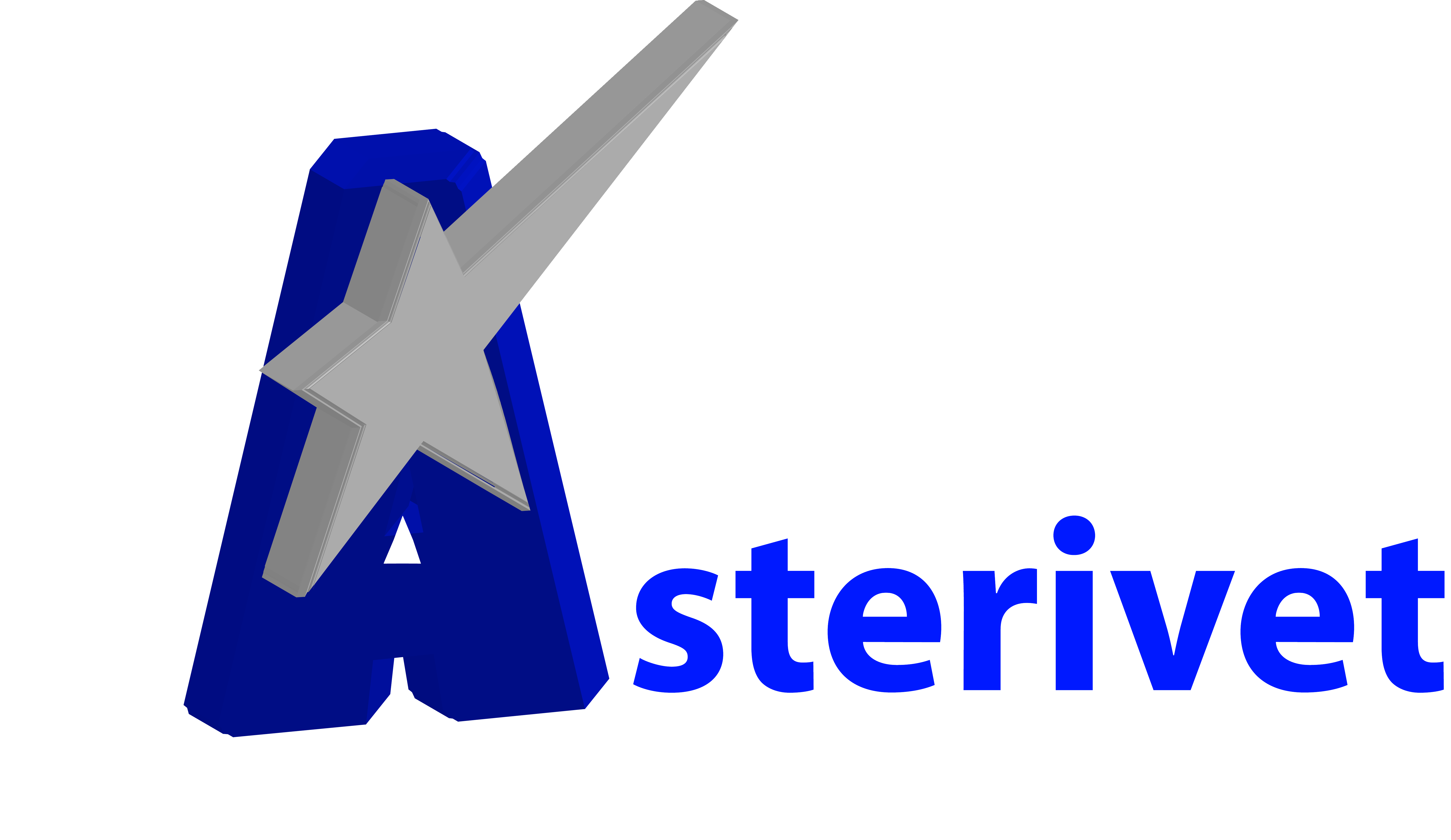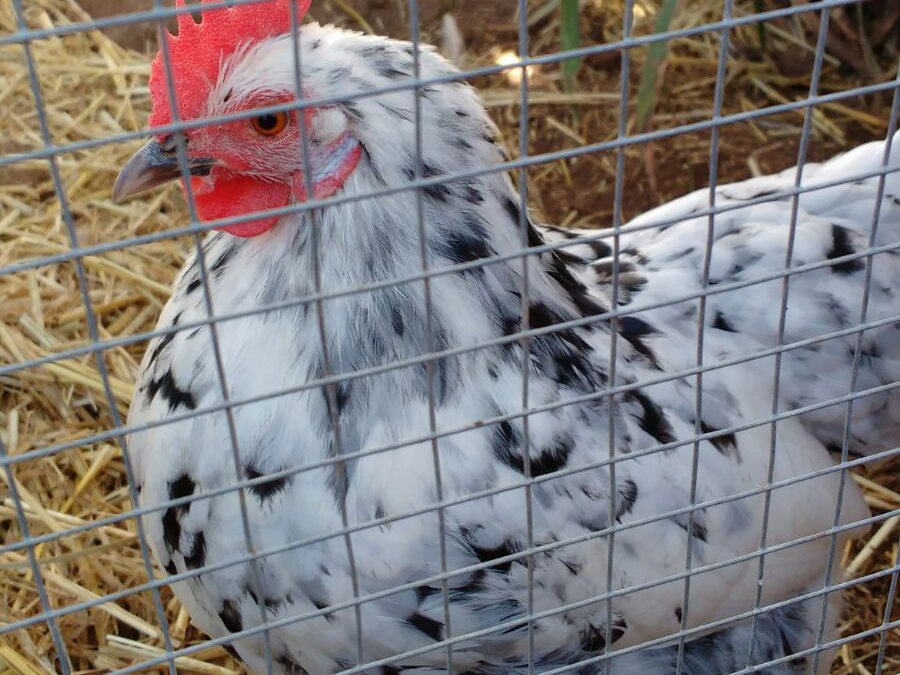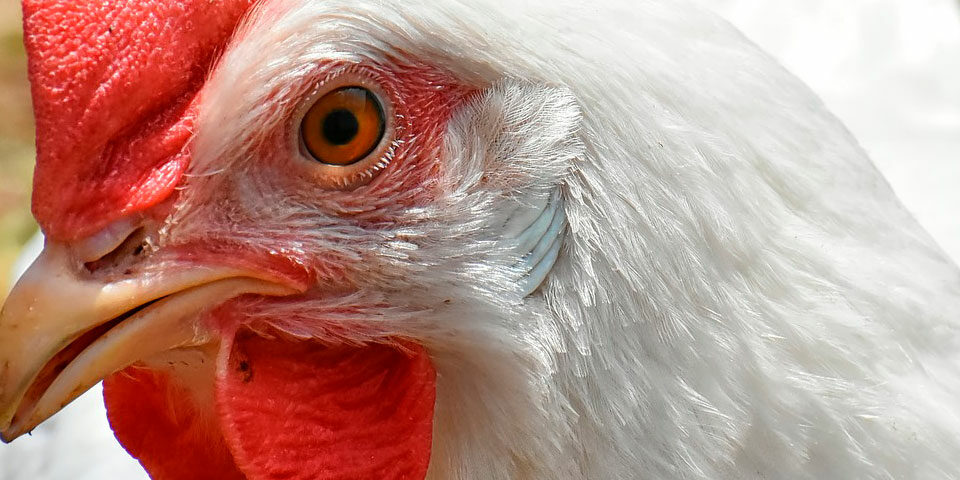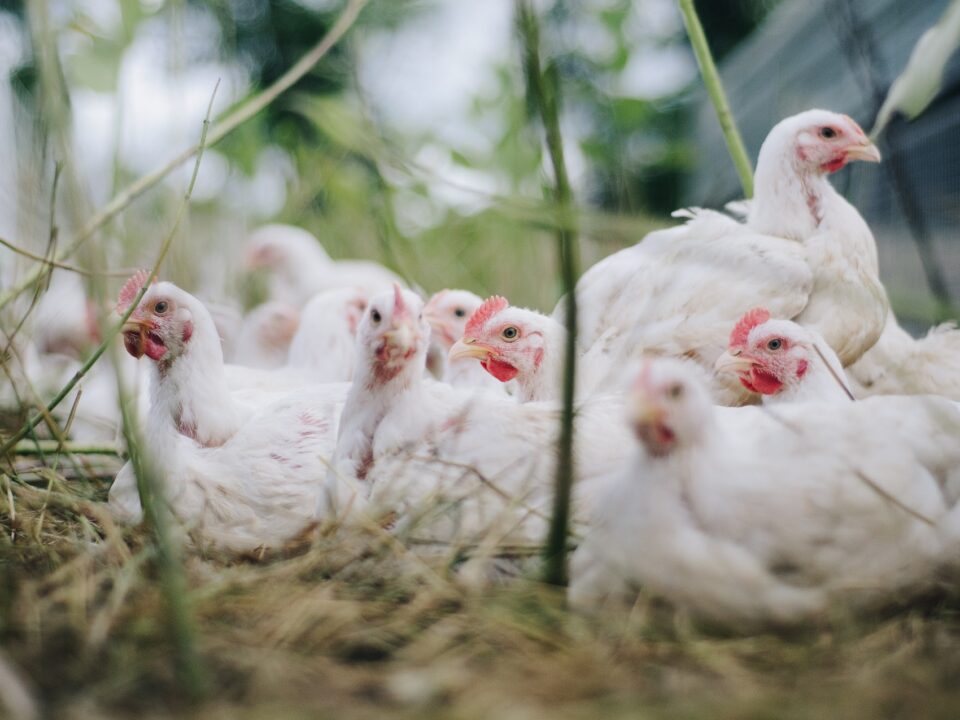
Hyperpigmentation of the eggshell
October 10, 2017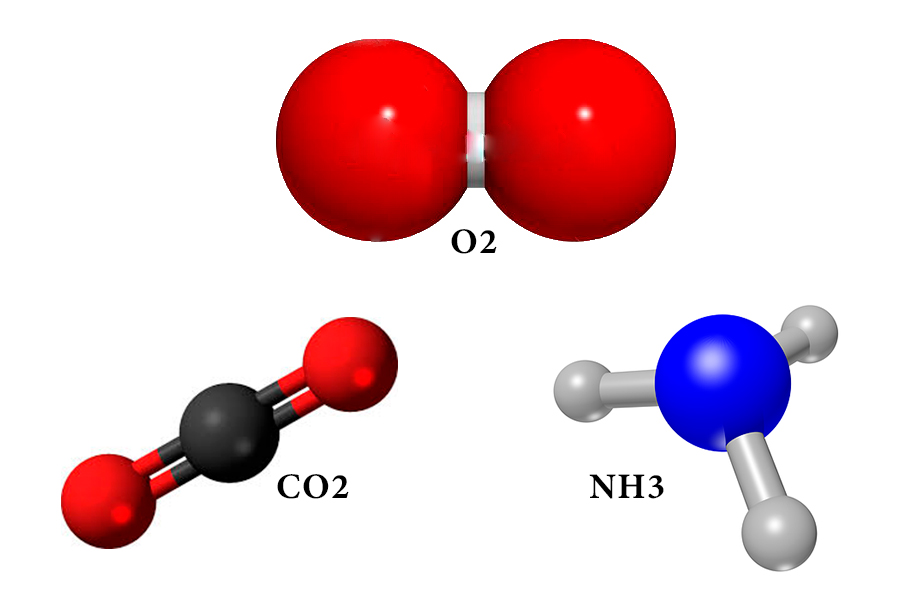
The importance of environmental control in animal production
February 1, 2019Infectious Avian Bronchitis
Infectious avian bronchitis (IB) is a viral, acute and highly contagious disease that affects only gallinaceous birds of all ages, being much more severe in young chickens of no more than 2 weeks of age. It is a worldwide distributed disease, with important economic impacts, due to the high mortality in broilers and to losses in egg production in layers and breeders.
It spreads quickly by air or by contact with feces from infected animals, in the first 48 hours within the same batch or litter.
Intercurrent infections produced by immunosuppressive agents and the presence of bacterial agents are factors that predispose to the development of the disease.
The chickens acquires the virus by respiratory route, replicates in the respiratory epithelium, and induces clinical respiratory signs (sneezing, coughing, rales, nasal secretion and conjunctivitis) and lesions in upper respiratory tract mucosa (congestion, petechiae and abundant muco-catarrhal exudate).
The capacity to replicate in other epitheliums from different systems, varies between the strains of IBV. Some strains can replicate in kidneys causing clinical pictures with higher mortality, while others replicate in the oviduct, causing external and internal alterations in the eggs: pigmentation, deformations, or eggs with weak shells and more aqueous content.
The negative effects caused by Infectious Bronchitis can be prevented by means of vaccinations and by correctly carrying out the principles of biosecurity.
The virus of avian infectious bronchitis, and in general all the coronaviruses, presents a great genetic variability, determined by its capacity of mutation and recombination, which complicates the control of the disease.
Therefore, it is important to determine the serotype and know the field situation of the disease, if it is a sporadic or an outbreak case that affects different farms of the integration, and if the virus involved in the cases is the same or not.
The administration of immunostimulants together with the vaccine, provided that the vaccine serotype corresponds to the field serotype, activates the specific and nonspecific general immune system, improving the response to vaccination.
